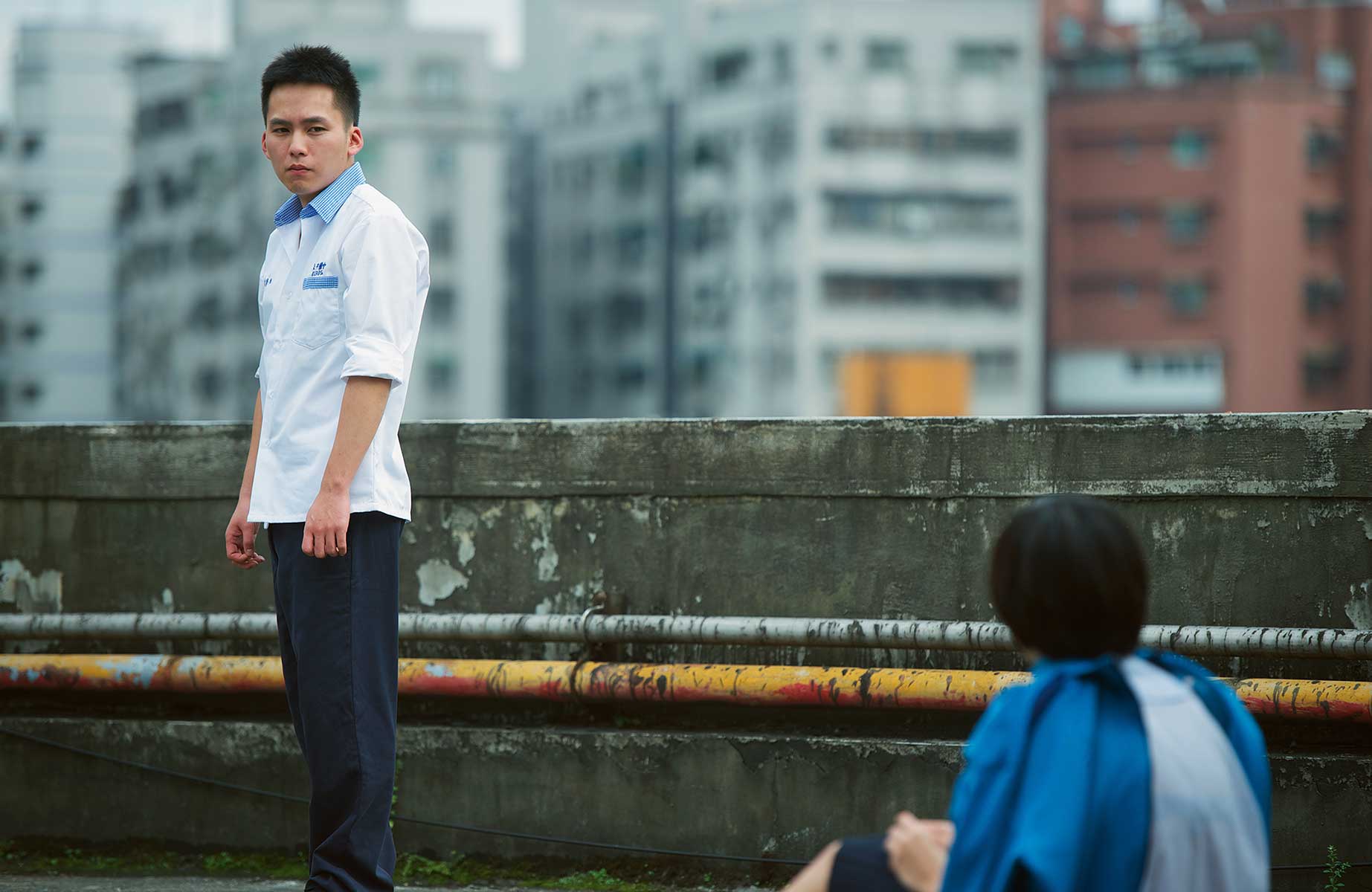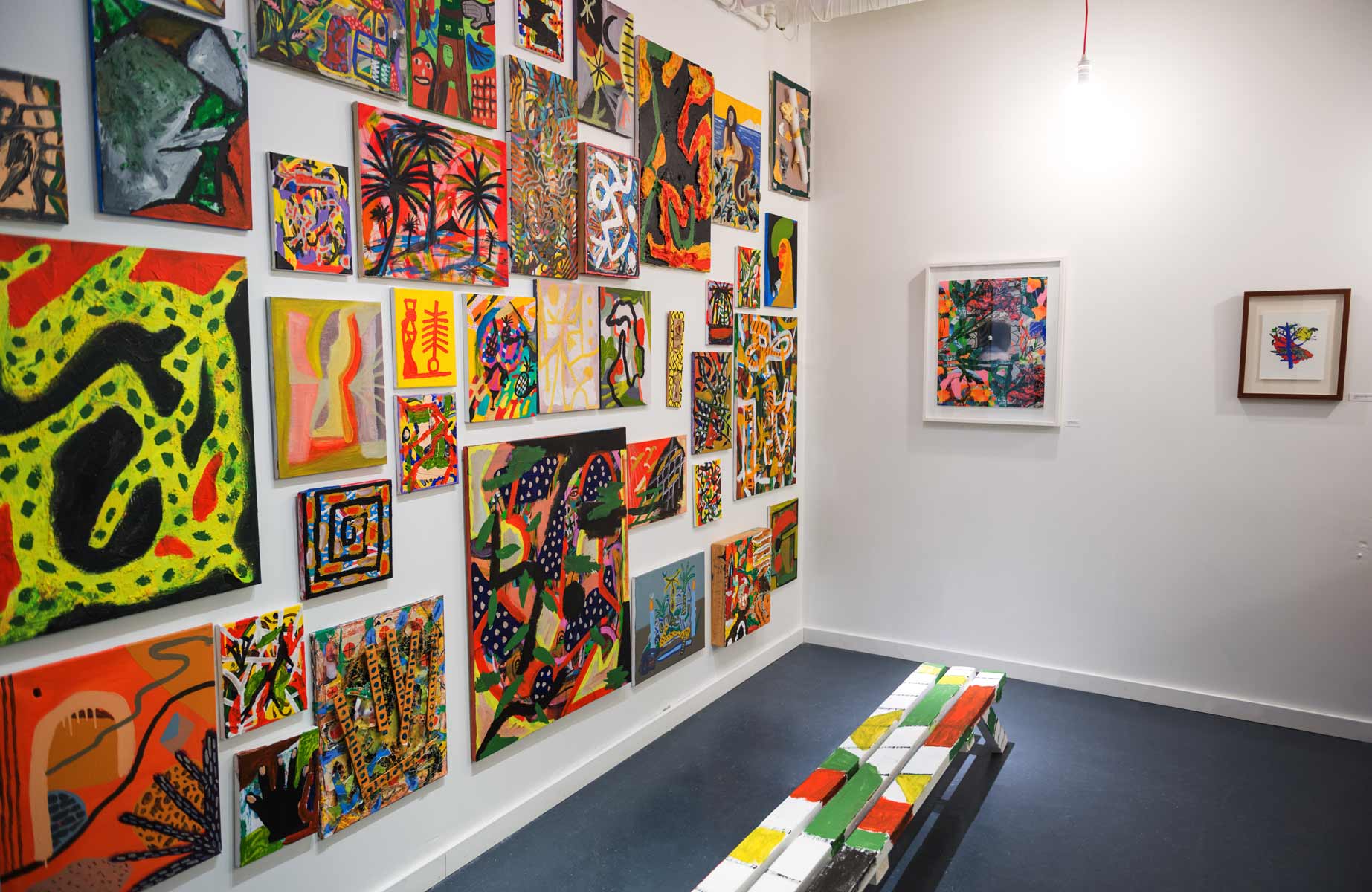Hou Hsiao-hsien is a respected Taiwanese filmmaker known for creating stories that favour stillness over action, and enigmatic silence over conversation. So when he announced that his new film was a wuxia (martial arts) movie titled The Assassin, it seemed like a drastic departure from his previous work. However, The Assassin proved to be one of the most unique additions to the wuxia genre, earning Hou the Best Director Prize at the Cannes Film Festival and the top spot on many “Best of 2015” lists.
Hou’s critical success comes as no surprise to some film enthusiasts. “By the end of the nineties, he was considered one of the great filmmakers of the world,” says Jim Sinclair, artistic director of Pacific Cinémathèque in Vancouver. However, he points out that the work of filmmakers like Hou will often screen at a festival, but not get picked up for distribution at commercial theatres. For this reason, Hou has remained largely unknown to the vast majority of moviegoers— a challenge that many up-and-coming filmmakers from Asia face today.
As Director of the Vancouver Asian Film Festival (VAFF)—Canada’s oldest Asian film festival—Grace Chin understands the important role that art house cinemas and film festivals play in raising the profile of foreign filmmakers. “When the Vancouver Asian Film Fest started 19 years ago, our focus was on the North American Asian diaspora,” she says. “But as time went on, we realized that we could no longer ignore the international Asian diaspora, simply because they were making films that were really good.” In 2015, foreign films made up roughly 30 per cent of VAFF’s features, up from 10 per cent in previous years.
International exposure is important, especially considering the political challenges that many Asian filmmakers face. “In China, you need government approval to get anything screened or even made,” says Chin. The government also often controls artistic funding or the lack thereof. This is less of a problem in Hong Kong and Taiwan, where art house cinema is funded and championed by the government. However, in Singapore and parts of Southeast Asia, films that are critical of the government may not be screened in their home countries. “International film festivals help because it gives these filmmakers’ stories a forum and audience that they would not necessarily have access to otherwise,” says Chin.
Fortunately, film scholars have noted increased box office success for Asian movies among domestic audiences. “Of late, a number of Taiwanese and Chinese films have been performing very well in their respective territories against the onslaught of Hollywood films. This proves that filmmakers are presenting stories that are relatable, or at the very least appealing, to local audiences,” says Rowena Santos Aquino, PhD, a film lecturer at California State University, Long Beach. As Asian filmmakers find more support from domestic audiences, it is only a matter of time before their stories capture the imagination of moviegoers around the world.











